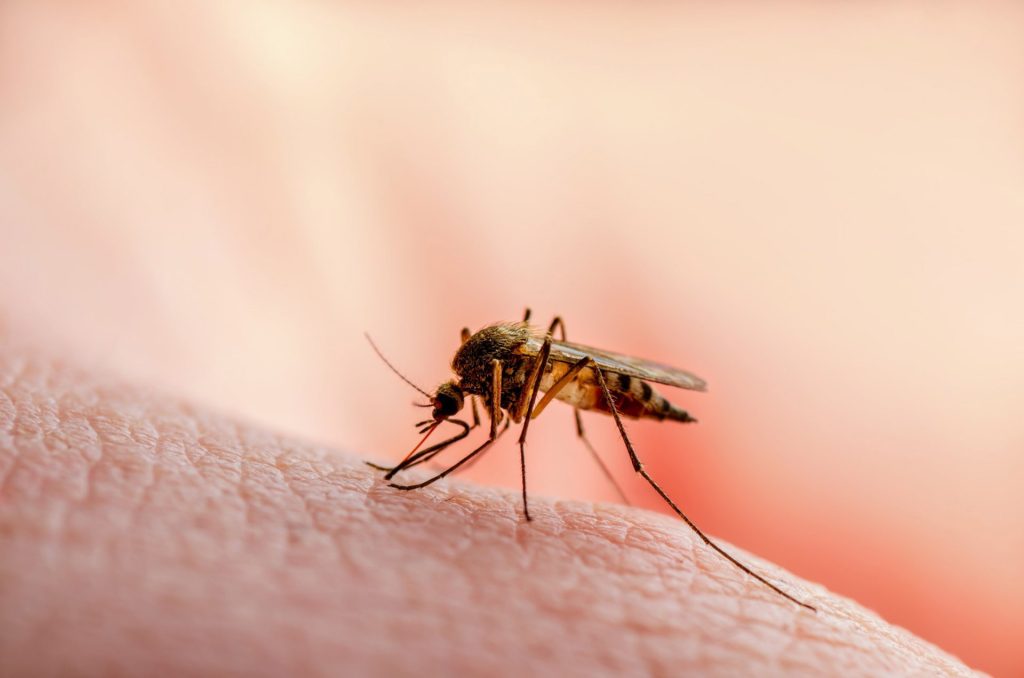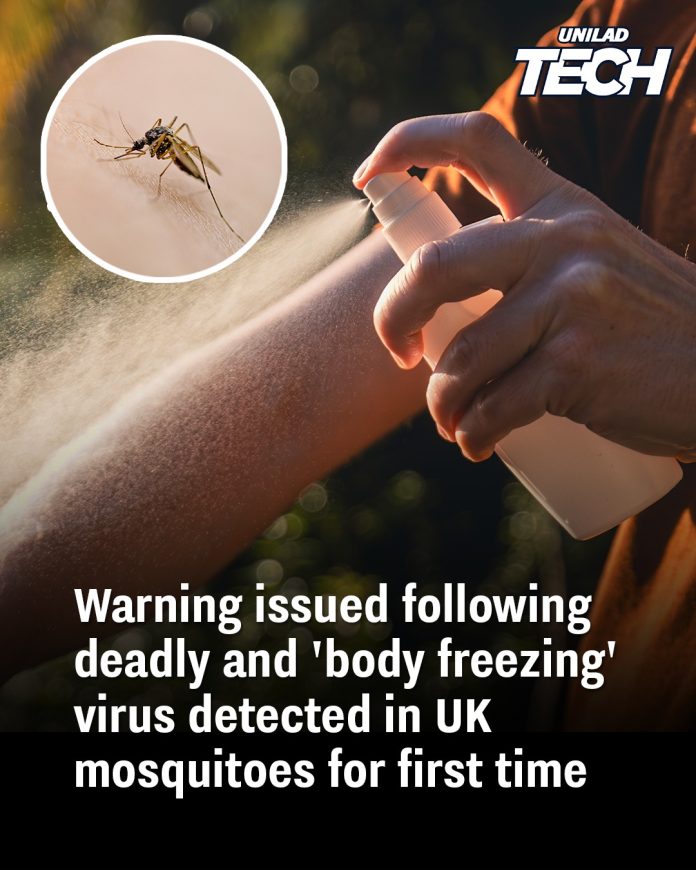The United Kingdom has recently confirmed the presence of West Nile virus (WNV) in local mosquito populations for the first time, marking a significant development in the nation’s public health landscape. This discovery, made by the UK Health Security Agency (UKHSA) and the Animal and Plant Health Agency (APHA), underscores the evolving challenges posed by climate change and global disease transmission.
Detection and Surveillance Efforts
In July 2023, as part of the Vector-Borne Real-time Arbovirus Detection and Response (RADAR) programme, researchers collected mosquito samples from wetlands near the River Idle in Gamston, Nottinghamshire. Out of 200 mosquito pools tested, two samples of Aedes vexans mosquitoes contained fragments of WNV RNA. This finding represents the first evidence of WNV in UK mosquitoes, although no human or equine cases have been reported to date.

Dr. Meera Chand, Deputy Director at UKHSA, emphasized that while the detection is noteworthy, it was anticipated given the virus’s prevalence in Europe. She stated, “The risk to the general public is currently assessed as very low. Vector research of this kind is designed to give us early warning of potential threats so that we can enhance our disease surveillance and control activities and ensure patients receive appropriate testing”.
Understanding West Nile Virus
West Nile virus is a mosquito-borne flavivirus primarily maintained in a bird-mosquito-bird transmission cycle. Occasionally, infected mosquitoes can transmit the virus to humans and horses. Most human infections are asymptomatic; however, approximately 20% of infected individuals may experience flu-like symptoms, including fever, headache, and body aches. In rare cases—about 1 in 150 infections—the virus can cause severe neurological illnesses such as encephalitis or meningitis, which can be fatal.
Currently, there is no specific treatment or vaccine for WNV in humans. Supportive care is the primary approach for managing symptoms. Preventative measures focus on reducing mosquito exposure and controlling mosquito populations.
Climate Change and Emerging Risks
Experts attribute the emergence of WNV in the UK to climate change, which is creating more favorable conditions for mosquito survival and virus transmission. Warmer temperatures and altered precipitation patterns are extending the active seasons and geographical ranges of mosquitoes, facilitating the spread of vector-borne diseases into previously unaffected regions.
Professor Jonathan Ball, a virologist at the University of Nottingham, highlighted the broader implications: “It’s just a general trend that lots of these viruses—known as flaviviruses—are increasing their range northwards due to global warming. It does mean there is a risk that we’re going to see some of these tropical viral diseases become established further and further north”.
Public Health Response and Recommendations
In response to the detection, UKHSA and APHA have intensified surveillance efforts to monitor mosquito populations and potential virus transmission. Healthcare providers are being advised to consider WNV in differential diagnoses, particularly in cases of unexplained encephalitis. Public health authorities are also emphasizing the importance of personal protective measures to prevent mosquito bites.
Preventative Measures for Individuals
- Use Insect Repellent: Apply repellents containing DEET, picaridin, or oil of lemon eucalyptus when outdoors.
- Wear Protective Clothing: Opt for long-sleeved shirts and trousers, especially during dawn and dusk when mosquitoes are most active.
- Secure Living Spaces: Ensure window and door screens are intact to prevent mosquitoes from entering homes.
- Eliminate Standing Water: Regularly empty containers that collect water, such as buckets, flowerpots, and birdbaths, to reduce mosquito breeding sites.

For Travelers
Individuals traveling to regions where WNV is endemic should take additional precautions, including staying in accommodations with proper mosquito control measures and being vigilant about personal protection.
Future Outlook
The detection of WNV in UK mosquitoes serves as a reminder of the dynamic nature of infectious diseases and the influence of environmental factors on their spread. While the current risk to the public remains low, continued vigilance, research, and public health preparedness are essential to mitigate potential outbreaks.
As climate change continues to alter ecosystems, the UK may face increased challenges from vector-borne diseases. Proactive measures, including robust surveillance systems, public education, and international collaboration, will be crucial in safeguarding public health against emerging threats.

















